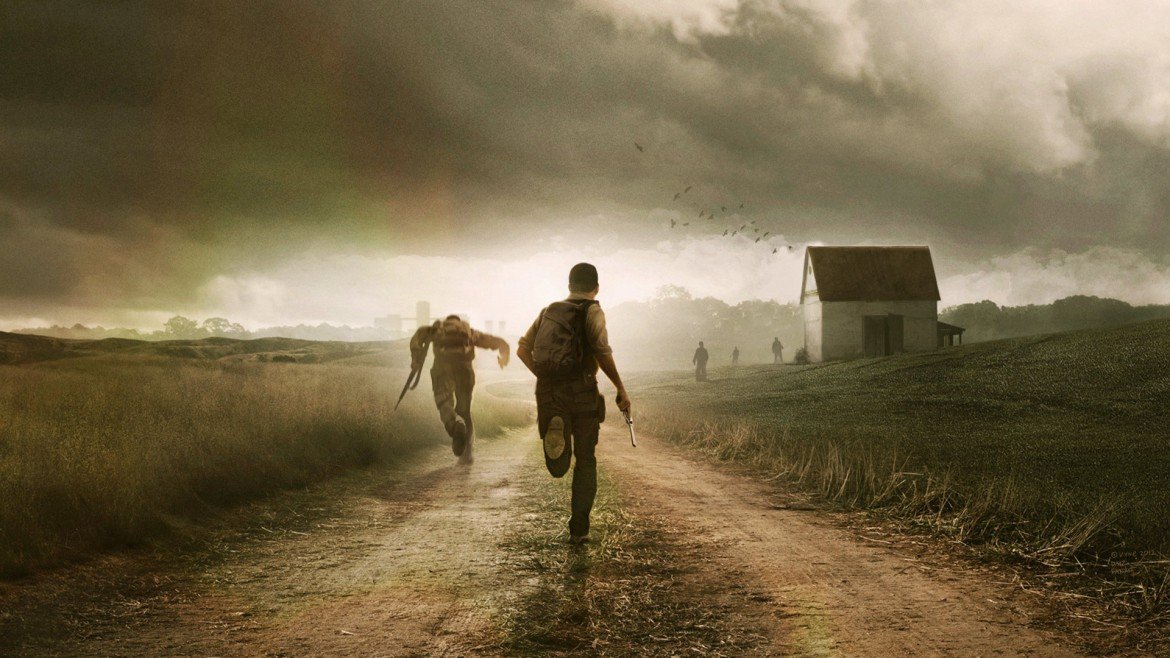Natural calamities such as earthquakes, typhoons, flash floods, volcanic eruptions and hurricanes can strike your area with little or no warning. During any paid vacation or planned hiking trip, you can lose your luggage and supplies to factors beyond your control. Your backpack containing all your food and camping gear may fall into a ravine. Your matches could get wet in a sudden wind gust or torrential rain. You might get lost in the wilderness and get tracked by predators or see poisonous insects and snakes off the beaten path. You might trip or fall off a high edge and break your bones.
Outside the comfort of your own home, the world is an unpredictable and cutthroat environment. Even as human beings used to modernity, there is a need to reconnect to our animal sides and understand how our ancestors lived and survived since ancient and barbaric times. In essence, the world hasn’t changed much, and that side of ourselves should stay intact for times like these.
A current theme in TV is the post-apocalyptic world where groups of people must survive. Popular series like Lost and The Walking Dead feature the social dynamics of human survival in contexts where the world has become a more hostile environment just recently stripped of basic necessities like food, shelter and clothing. The gravity of survival situations can be extremely stressful.
Before anything else, it is important to have the right mindset and mental preparedness to survive no matter what the odds are. True survivors are those who possess the will to live through life and death situations as opposed to those who crumble in the face of sheer adversity. Even trained experts and professionals can fail and put others at risk if they lack the endurance and perseverance, and many stories have been written about common people with little or no training and experience who made it through miles of jungle terrain and open water.
In survival training, you can learn the skills and know the right tools to ensure you’ll live through a hiking trip gone wrong or any apocalyptic scenario. Build a survival kit that you can carry with you in your vehicle or back pocket that you can pop open quickly in case of emergency. It should contain handy items such as band aids, aspirin, flashlights, matches, compass, a Swiss army knife, sewing kit, water pouch, fishing hooks and possibly a map.
Learn to light a fire without using a lighter or matches since these can get wet during winter or in the rainy season. Build a shelter to protect yourself against the elements if your tent in ruined or destroyed and you are miles away from any proper lodgings. Know which plants are edible or poisonous when your food storage is close to depletion. Look at the clouds to understand the weather patterns and cover yourself in case a snow or rain storm is approaching. Cure and dilute stream water to turn it into drinking water as you won’t last very long in the wilderness if you don’t hydrate yourself regularly. It may not be a usual experience to encounter a serious predator like a bear or lion, but you can increase your chances of staying alive by knowing how to act and even scare off your attacker.
Humanity has adapted and evolved in order to survive as it took ages before we moved from the forest to the urban jungles of the cityscape. This is no excuse for you to believe you don’t have to go back to the woods to regain the primal side of your instincts. If you want to remind yourself of that fact, just look to the news and you’ll realize that entire homes and cities are torn apart by disasters on a daily basis. You never know when you and your family could be the next to experience a survival scenario. On the other hand, it’s the cool and manly thing to do for yourself.
Article by Survivalist Earth / Image from Bing.

